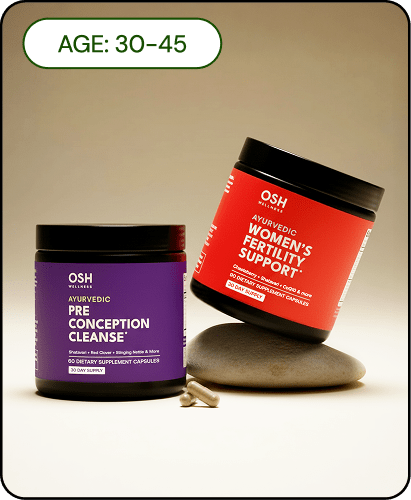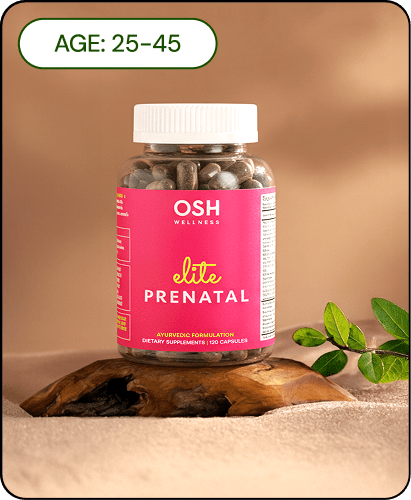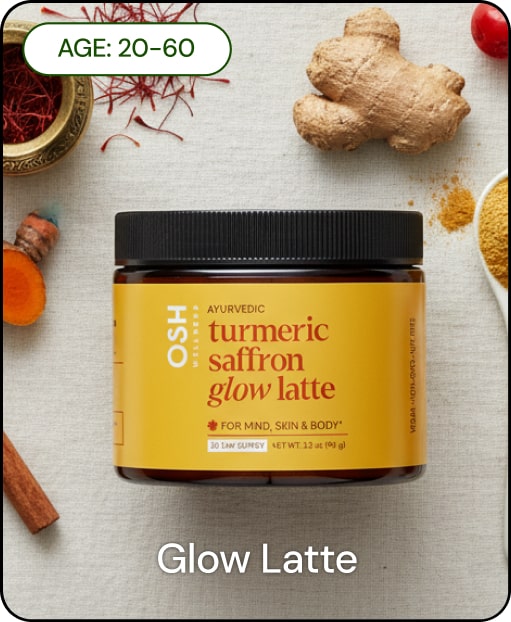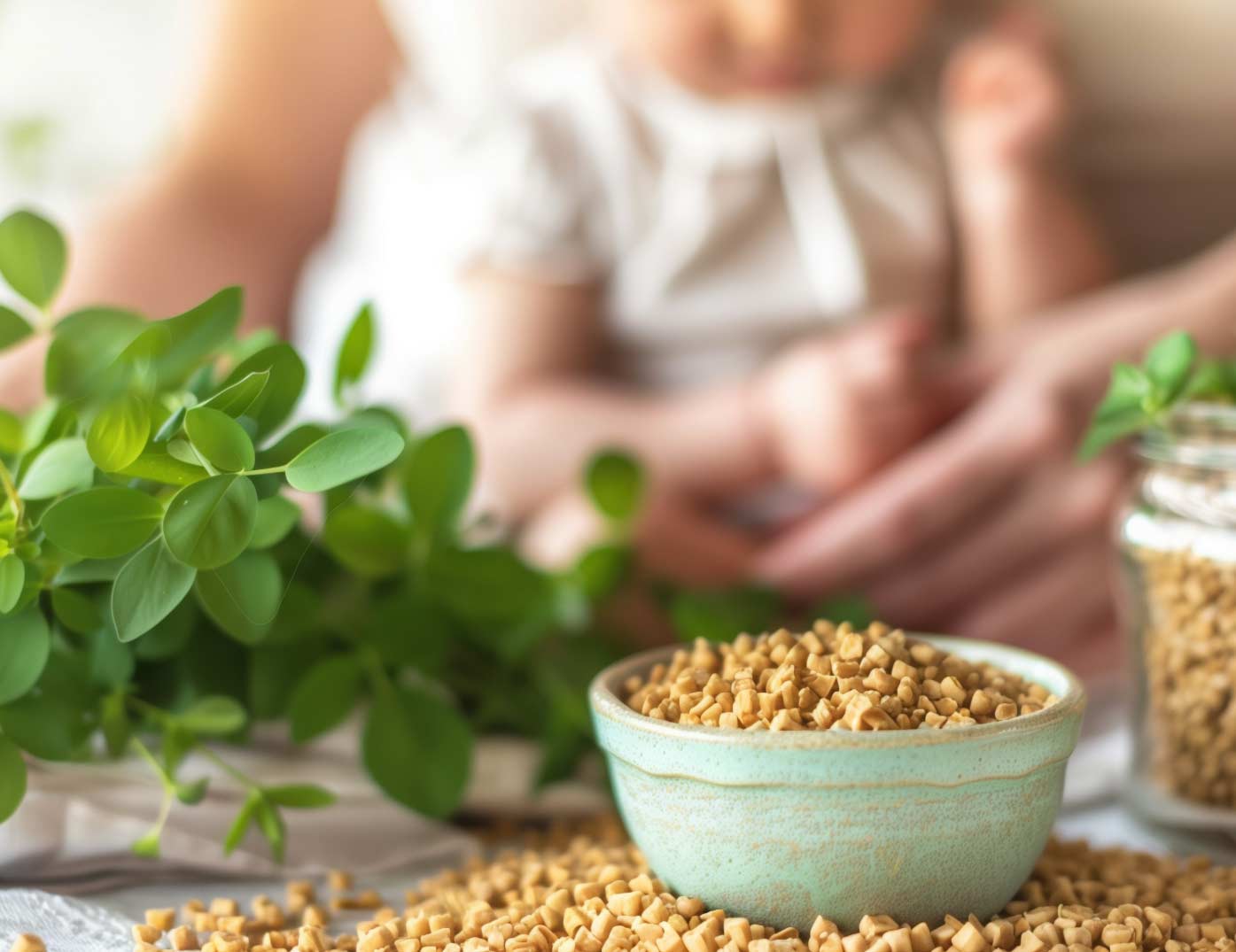Being a new parent is a huge amount of work—not to mention the fact that your body is making milk to nourish a little being. It’s a miracle that we have the energy to keep going! One common problem that can arise is a fluctuating milk supply. So what are the best things to do when you notice that your supply is starting to dip? Here are a few tips that can help you get back on track:
1. Check your latch
An effective latch allows your baby to get what they need and your breast to be stimulated enough to produce sufficient milk. If your supply is going down despite frequent feeding, it may be time to visit a lactation consultant or check out a lactation support group. Simple adjustments can really make all the difference.
2. Increase nursing frequency
You’ve heard it before, but frequent feeding is a surefire strategy to increase supply, since an empty breast produces more milk. Anytime you think your supply is going down, nurse, nurse, and nurse again. Skipping a few bottle feedings and substituting breastfeeding can also help.
3. Try pumping
Pump a few times per day for several days after a feed and for five minutes past when you see milk. Or try power pumping.
4. Get some sleep
We get it this advice sounds crazy to any new parent, but if you are not getting at least eight hours of sleep in a 24-hour period, try to make this a priority for a couple of ,days. In truth, we make the most milk overnight. Remember, this doesn’t mean sleeping for eight hours straight although that sounds lovely, but it might mean you need to nap at least once during the day to catch up on those zzzz’s.

5. Check your eating
Are you prioritizing feeding your baby and other family members, but forgetting to feed yourself? It’s a common problem. You are burning a ton of calories when you breastfeed. People exclusively breastfeeding need 500 calories on average more than they consumed pre-pregnancy. Think about feeding yourself as creating the building blocks of breastmilk, so make sure you’re eating well and frequently. Staying hydrated helps too.
6. Prioritize skin-to-skin contact
Get that baby naked, take of your bra, and have some skin-to-skin time. It is a lovely way to bond, to tune out the rest of the world, and to increase the hormones that make milk (and make us feel good) like oxytocin.
7. Try lactogenic foods
If you are feeding frequently and your latch is good, many people share that eating the following foods and supplements helps boost their supply. Give them a try and let us know if they work for you.
Oatmeal, millet, and other nutritive whole grains
Nuts and seeds
Supplements or herbs like moringa leaves, fennel & dill seeds, and turmeric (people should confirm with their doctor that there are no medical contraindications to their consumption of certain herbs)
“Lactation foods”, tinctures, and teas
Note: These are some great tips for boosting a milk supply that’s slowly declining. If you find your supply has suddenly tanked, we highly recommend working with a lactation consultant. Sometimes this is a sign of something more serious, like tongue tie, a hormonal issue, or something else.
Remember, It’s about finding what works for your body and baby, so don’t be afraid to experiment!
Written by Jada Shapiro - Founder of Boober.
Boober is a femtech start-up founded by Jada Shapiro. Shapiro is a longtime birth and postpartum doula, childbirth educator, certified lactation counsellor, birth photographer, and mother. An expert in maternal health, she frequently moderates and appears on panels at top parenting conventions and provides birth and breastfeeding consultation to TV shows, A-list actors, and major films (most recently to Jennifer Lawrence in Darren Aronofsky’s latest feature). She is a media expert on childbirth, lactation, and parenting, regularly sought out by the New York TimesnThe Today Showz, Time Out New York, NBC, CBS, E!, TLC and other outlets. She is also the founder of Birth Day Presence, which, since 2002, has helped 20,000+ New York families bring their babies into the community with childbirth education classes and doula services.








